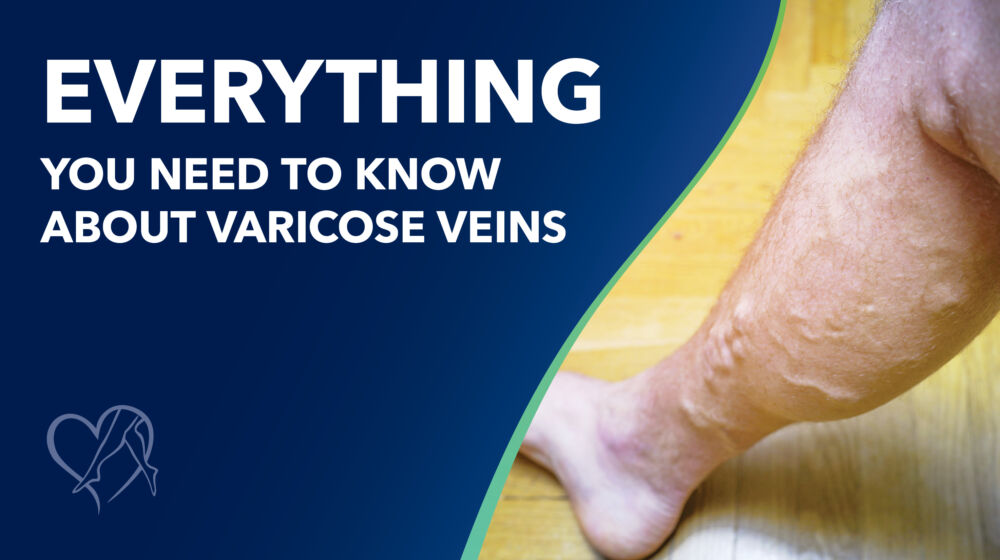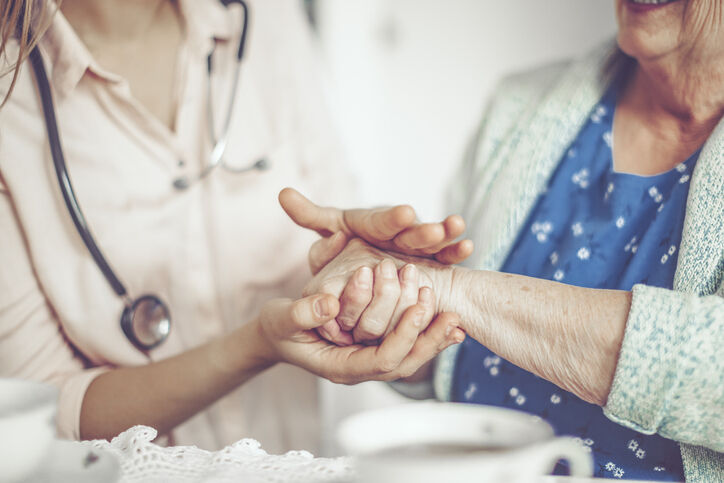Putting your feet up is a great way to relax. But did you know that elevating your legs can also greatly benefit your veins?
Nothing is more relaxing than putting your feet up after a long workday. But elevating your legs is more than just a way to unwind following a stressful day. This seemingly simple technique has excellent health benefits, especially for your veins.
Pressure builds in your veins when you sit or stand for long hours. Elevating your legs is one way to alleviate that pressure and improve circulation to prevent vein problems from developing.
What causes vein problems?
After your arteries circulate oxygenated blood to your tissues and organs, your veins return the blood to the heart for another dose of oxygen. Tiny valves inside the veins help this process by opening and closing to prevent the blood from flowing backward and pooling in the vein. However, several factors, such as age, gender, heredity, and even gravity itself, can cause these valves to weaken. Over time, blood will continue to pool, and you may experience problems with your veins, including:
Venous insufficiency. Venous insufficiency refers to sluggish circulation in the leg veins. As blood fails to circulate in the leg veins, your legs may swell and feel painful. You may also develop painful and unsightly varicose veins.
Varicose veins. A common symptom of venous insufficiency, varicose veins develop from a continual buildup of blood in the veins. As a vein wall is stretched beyond its limits, a twisted, protruding vein appears on the skin's surface.
Blood clots. Another possible consequence of blood pooling is a blood clot. When blood doesn’t circulate, the blood cells can cluster together and form a clot. Superficial thrombophlebitis is a clot that forms just under the skin’s surface. While it can cause swelling and tenderness, it’s usually not harmful. However, a blood clot in the deeper veins, or a deep vein thrombosis (DVT), can be severe if it becomes dislodged and travels to the lung. DVT symptoms include pain, swelling in one leg, and skin that is warm to the touch. If you notice these symptoms, contact a vein specialist for immediate treatment.
Three tips for elevating your legs
So how does all of this information relate to elevating your legs? It goes back to gravity. When you elevate your legs, you’re countering the force of gravity. You’re also encouraging blood to flow to your heart and not pool in your veins. To get the most out of this action, try these three tips:
Raise your legs above your heart. If your legs are at an even level with your heart, you won’t get the full benefits of elevating your legs. To get the blood moving toward your heart, elevate your legs 12 inches above your heart with the help of pillows. Or, lie on the floor and prop your legs up on a wall. As the blood drains from your legs and towards your heart, pain and swelling in your legs will reduce.
Get comfortable. When you lie down, ensure your back and neck are supported and comfortable—cushion your feet and entire leg.
Do it three times a day. Elevating your legs once a day will help only a little. For maximum benefit, try to do it three times a day for 15 minutes at a time. Admittedly, elevating your legs is easier done at home. But you can do it at your workplace if there is a breakroom with a couch. During your break, raise your legs as you recline on the sofa.
Note that as relaxing as elevating your legs is, you’ll only find temporary relief from the pain of venous insufficiency. Instead, why not consider one of several minimally invasive surgical procedures performed by a qualified vein specialist to permanently eliminate all of your vein problems?
Visit your local New Hampshire vein specialist
Center for Vein Restoration (CVR) operates two full-service vein care facilities in New Hampshire. Both are led by Normand Miller, MD, FACS, RPVI, RVT, a board-certified vascular surgeon specializing in treating symptoms related to vascular disease, including leg pain, swelling, cramping, restless legs, ulcers, and other vascular disorders.
Don't live near a New Hampshire CVR vein clinic location? No problem! With over 100 vein clinic locations in 22 states and the District of Columbia, there's sure to be a CVR vein center near you.
Schedule a consultation online or call 240-965-3915 for more information.
410 Amherst Street, Suite 200
Nashua, NH 03063
224 Main Street, Suite 1-D
Salem, NH 03079
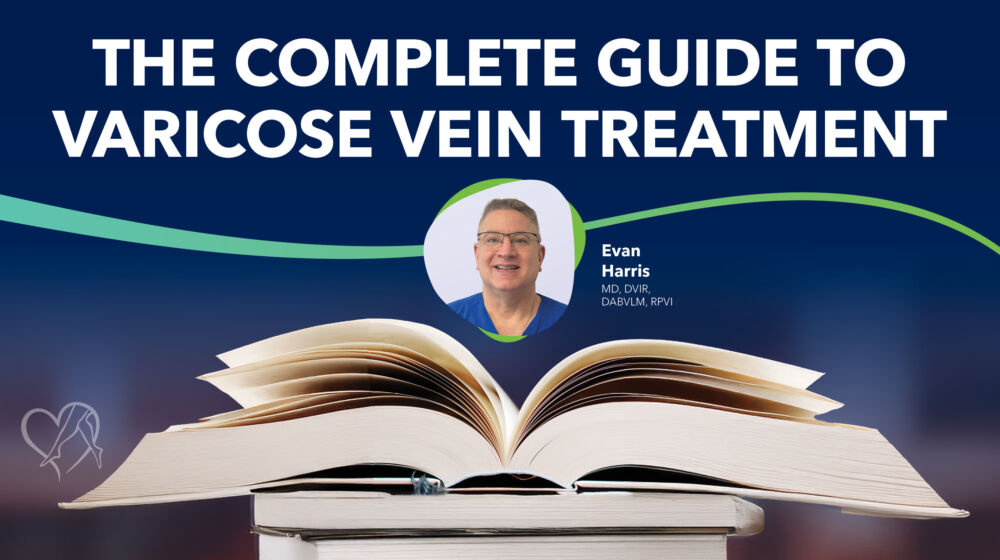
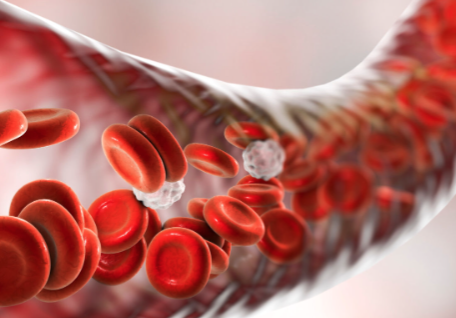 About Vein Disease
About Vein Disease
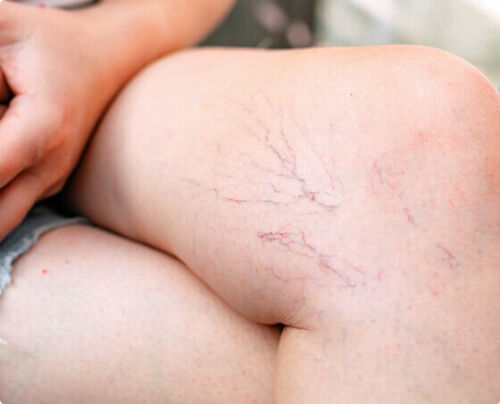 Spider Veins
Spider Veins
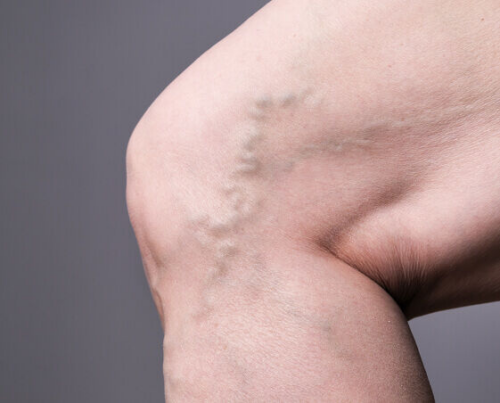 Varicose Veins
Varicose Veins
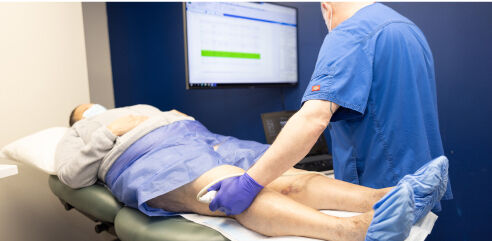 Vein Disease Treatments
Vein Disease Treatments
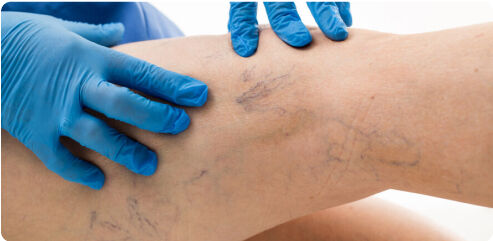 Treating Spider Veins
Treating Spider Veins
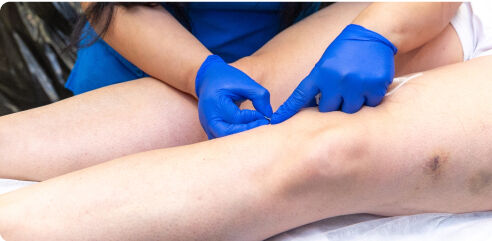 Treating Varicose Veins
Treating Varicose Veins
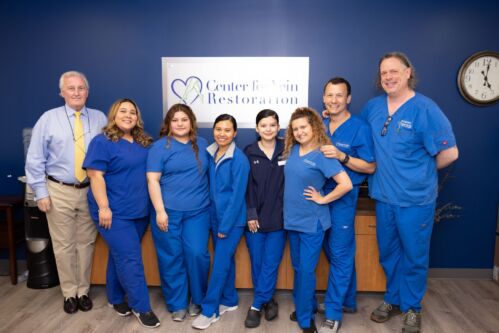 About Us
About Us
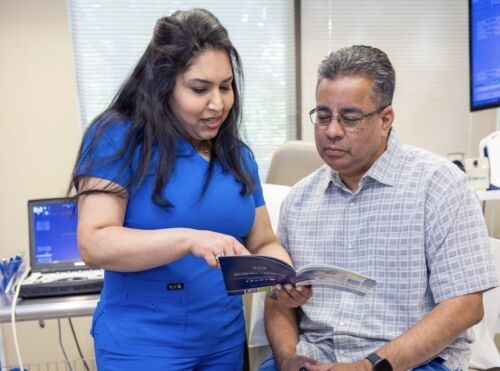 Patient Resources
Patient Resources
 Physician Resources
Physician Resources

